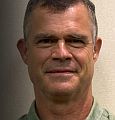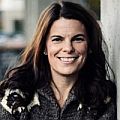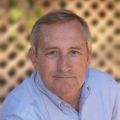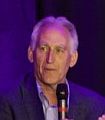CONVENING FOR ACTION AT THE 2024 BC LAND SUMMIT: “There are many different parts to EAP. With each part comes a pathway with capacity to help local governments,” stated Anna Lawrence, Project Coordinator, Mount Arrowsmith Biosphere Region Research Institute at Vancouver Island University
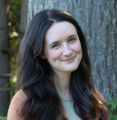
Local government Asset Management Plans need real financial values in order to include budgets for streams. “Led by Tim Pringle, the Partnership for Water Sustainability created the methodology for EAP, the Ecological Accounting Process. EAP has been passed on to VIU as part of the intergenerational baton. Now we are in a 3-year transition strategy to embed it. As we become more familiar with EAP and its applications, it is becoming increasingly apparent that it requires tailored communication to a variety of audiences,” stated Anna Lawrence.




